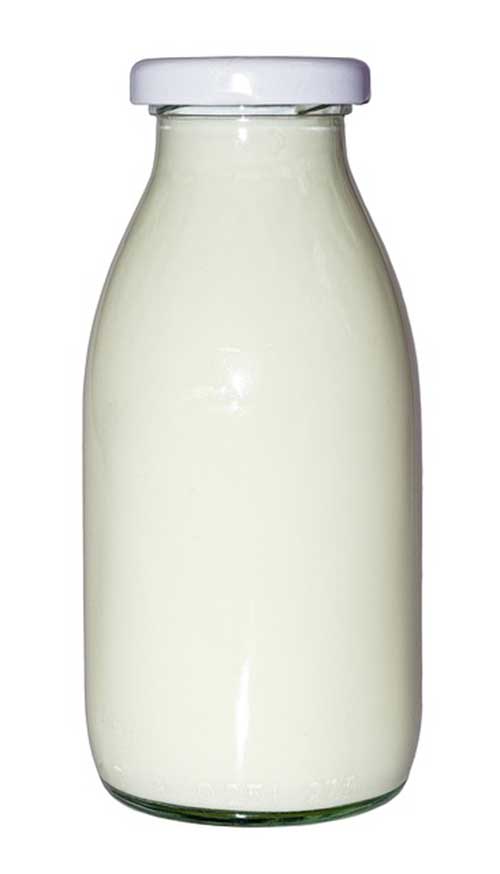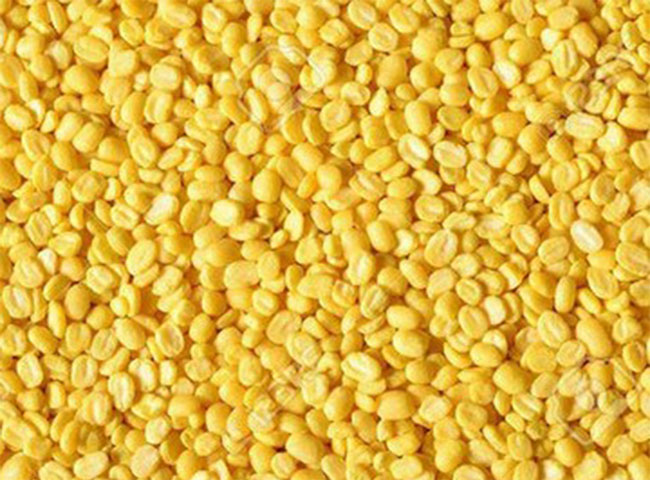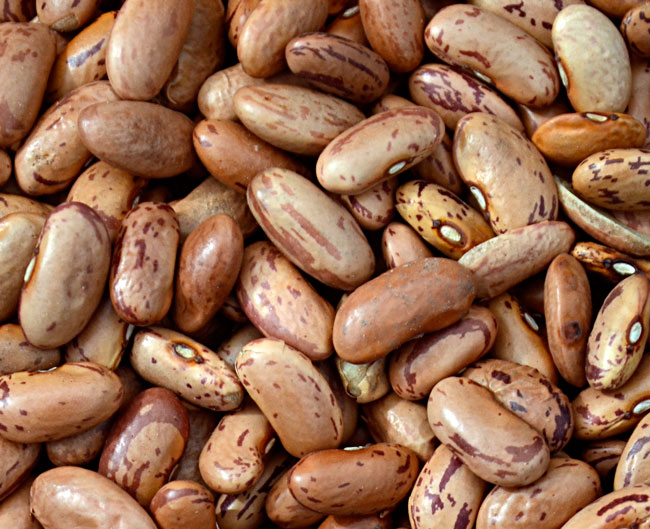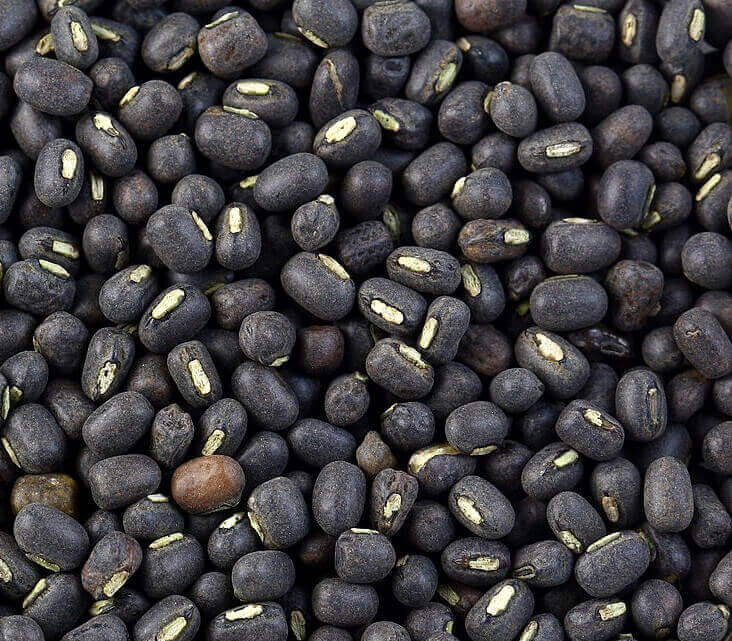Milk Dudh : Milk is a nutrient-rich liquid produced by mammals to feed their young. The composition of milk is dynamic, comprising water, proteins, fats, carbohydrates, vitamins, and minerals, synergistically working together to provide essential nutrients for overall health. Although cow’s milk holds the title for the most widespread consumption globally, milk from other mammals such as goats, sheep, and buffalo finds its way into various regions worldwide.
Click here for milk recipes : Phirni or Firni | Kalakand | Homemade Khoya | Kheer Indian Rice Pudding
Milk Dudh : There are several types of milk available, each with its own unique characteristics and nutritional profiles. Here are some common types:
- Cow’s Milk: Cow’s milk is the most widely consumed type of milk worldwide. It is rich in calcium, vitamin D, and protein. Varieties of cow’s milk include whole milk (full-fat), reduced-fat milk (2% milk), low-fat milk (1% milk), and skim milk (fat-free).
- Goat’s Milk: Goat’s milk is similar to cow’s milk but has a slightly different flavor profile. Some people find it easier to digest than cow’s milk due to differences in the protein and fat structure.
- Sheep’s Milk: Sheep’s milk is higher in fat and protein compared to cow’s milk. With its rich, creamy texture, it frequently contributes to the creation of cheeses like feta and Roquefort.
- Buffalo Milk: Buffalo milk is higher in fat and protein compared to cow’s milk. It is commonly consumed in countries like India and Italy and is used to make products such as mozzarella cheese.
- Plant-Based Milk: Plants like soybeans, almonds, coconuts, oats, rice, and hemp serve as the base for crafting plant-based milk alternatives. These milks are suitable for those who are lactose intolerant, allergic to dairy, or following a vegan diet. Popular plant-based milks include soy milk, almond milk, coconut milk, oat milk, rice milk, and hemp milk.
- Lactose-Free Milk: Lactose-free milk is cow’s milk that has had the lactose (milk sugar) removed. It is suitable for individuals with lactose intolerance, a condition in which the body cannot digest lactose properly.
- Organic Milk: Organic milk comes from cows that are raised according to organic farming standards. These cows receive no synthetic hormones or antibiotics and consume organic feed. Organic milk is free from pesticides and chemical fertilizers.
Click here for milk recipes : Phirni or Firni | Kalakand | Homemade Khoya | Kheer Indian Rice Pudding
Each type of milk has its own unique taste, texture, and nutritional benefits, so individuals
can choose the one that best suits their preferences and dietary needs.
Milk Dudh : : Here are some key points about milk:
Nutrient-rich: Milk is an excellent source of calcium, which is essential for strong bones and teeth.
It also contains protein, which is crucial for muscle growth and repair, as well as vitamins
such as vitamin D, vitamin A, and vitamin B12.
Hydration: Milk is a hydrating beverage due to its high water content. It can help replenish fluids lost through sweating and physical activity.
Bone health: Calcium and vitamin D found in milk are important for maintaining bone health and preventing conditions like osteoporosis.
Muscle recovery: The protein content in milk makes it an ideal post-workout beverage for muscle recovery and growth.
Weight management: Milk can be a part of a balanced diet for weight management,
as it provides essential nutrients while being relatively low in calories compared to some other beverages.
Digestive health: Some individuals may experience lactose intolerance, a condition where
the body has difficulty digesting lactose, the sugar found in milk. However, lactose-free milk options are available for those with lactose intolerance.
Versatility: Milk is a versatile ingredient and can be consumed on its own or used in cooking
and baking to create a wide range of dishes and beverages.
It’s important to note that while milk offers many health benefits, individual needs and tolerances may vary. Some people may choose alternatives to cow’s milk, such as soy milk, almond milk,
or oat milk, due to personal preferences, dietary restrictions, or ethical reasons.
दूध – Milk – Dudh
Milk Dudh : दूध एक पोषक तत्वों से भरपूर तरल है जो स्तनधारियों द्वारा अपने बच्चों को खिलाने के लिए उत्पादित किया जाता है। यह मुख्य रूप से पानी, प्रोटीन, वसा, कार्बोहाइड्रेट, विटामिन और खनिजों से बना है। गाय का दूध दुनिया भर में सबसे अधिक खपत किया जाने वाला दूध है, लेकिन बकरी, भेड़ और भैंस जैसे अन्य स्तनधारियों का दूध भी दुनिया के विभिन्न हिस्सों में खाया जाता है।
Milk Dudh : दूध के कई प्रकार उपलब्ध हैं, प्रत्येक की अपनी अनूठी विशेषताएं और पोषण प्रोफ़ाइल हैं। यहां कुछ सामान्य प्रकार दिए गए हैं:
गाय का दूध: गाय का दूध दुनिया भर में सबसे ज्यादा खाया जाने वाला दूध है। इसमें कैल्शियम, विटामिन डी और प्रोटीन भरपूर मात्रा में होता है। गाय के दूध की किस्मों में संपूर्ण दूध (पूर्ण वसा), कम वसा वाला दूध (2% दूध), कम वसा वाला दूध (1% दूध), और मलाई रहित दूध (वसा रहित) शामिल हैं।
बकरी का दूध: बकरी का दूध गाय के दूध के समान होता है लेकिन इसका स्वाद थोड़ा अलग होता है। प्रोटीन और वसा संरचना में अंतर के कारण कुछ लोगों को गाय के दूध की तुलना में इसे पचाना आसान लगता है।
भेड़ का दूध: गाय के दूध की तुलना में भेड़ के दूध में वसा और प्रोटीन अधिक होता है। इसमें एक समृद्ध, मलाईदार बनावट है और इसका उपयोग आमतौर पर फेटा और रोक्फोर्ट जैसी चीज बनाने के लिए किया जाता है।
भैंस का दूध: गाय के दूध की तुलना में भैंस के दूध में वसा और प्रोटीन अधिक होता है। इसका सेवन आमतौर पर भारत और इटली जैसे देशों में किया जाता है और इसका उपयोग मोत्ज़ारेला चीज़ जैसे उत्पाद बनाने के लिए किया जाता है।
Click here for milk recipes : Phirni or Firni | Kalakand | Homemade Khoya | Kheer Indian Rice Pudding
पौधे-आधारित दूध: पौधे-आधारित दूध के विकल्प सोयाबीन, बादाम, नारियल, जई, चावल और भांग जैसे पौधों से बनाए जाते हैं। ये दूध उन लोगों के लिए उपयुक्त हैं जो लैक्टोज असहिष्णु हैं, डेयरी से एलर्जी है, या शाकाहारी आहार का पालन करते हैं। लोकप्रिय पौधे-आधारित दूध में सोया दूध, बादाम का दूध, नारियल का दूध, जई का दूध, चावल का दूध और भांग का दूध शामिल हैं।
लैक्टोज मुक्त दूध: लैक्टोज मुक्त दूध गाय का दूध है जिसमें लैक्टोज (दूध चीनी) हटा दिया गया है। यह लैक्टोज असहिष्णुता वाले व्यक्तियों के लिए उपयुक्त है, एक ऐसी स्थिति जिसमें शरीर लैक्टोज को ठीक से पचा नहीं पाता है।
जैविक दूध: जैविक दूध उन गायों से आता है जिन्हें जैविक खेती के मानकों के अनुसार पाला जाता है। इन गायों का इलाज सिंथेटिक हार्मोन या एंटीबायोटिक दवाओं से नहीं किया जाता है और उन्हें जैविक चारा खिलाया जाता है। जैविक दूध कीटनाशकों और रासायनिक उर्वरकों से मुक्त है।
प्रत्येक प्रकार के दूध का अपना अनूठा स्वाद, बनावट और पोषण संबंधी लाभ होता है, इसलिए व्यक्ति वह दूध चुन सकते हैं जो उनकी प्राथमिकताओं और आहार संबंधी आवश्यकताओं के लिए सबसे उपयुक्त हो।
Milk Dudh : दूध के बारे में कुछ मुख्य बातें इस प्रकार हैं:
पोषक तत्वों से भरपूर: दूध कैल्शियम का एक उत्कृष्ट स्रोत है, जो मजबूत हड्डियों और दांतों के लिए आवश्यक है। इसमें प्रोटीन भी होता है, जो मांसपेशियों की वृद्धि और मरम्मत के लिए महत्वपूर्ण है, साथ ही विटामिन डी, विटामिन ए और विटामिन बी 12 जैसे विटामिन भी होते हैं।
हाइड्रेशन: दूध में पानी की मात्रा अधिक होने के कारण यह एक हाइड्रेटिंग पेय है। यह पसीने और शारीरिक गतिविधि के माध्यम से खोए गए तरल पदार्थ को फिर से भरने में मदद कर सकता है।
Click here for milk recipes : Phirni or Firni | Kalakand | Homemade Khoya | Kheer Indian Rice Pudding
हड्डियों का स्वास्थ्य: दूध में पाए जाने वाले कैल्शियम और विटामिन डी हड्डियों के स्वास्थ्य को बनाए रखने और ऑस्टियोपोरोसिस जैसी स्थितियों को रोकने के लिए महत्वपूर्ण हैं।
मांसपेशियों की रिकवरी: दूध में प्रोटीन की मात्रा इसे मांसपेशियों की रिकवरी और विकास के लिए कसरत के बाद एक आदर्श पेय बनाती है।
वजन प्रबंधन: दूध वजन प्रबंधन के लिए संतुलित आहार का एक हिस्सा हो सकता है, क्योंकि यह कुछ अन्य पेय पदार्थों की तुलना में कैलोरी में अपेक्षाकृत कम होने के साथ-साथ आवश्यक पोषक तत्व प्रदान करता है।
पाचन स्वास्थ्य: कुछ व्यक्तियों को लैक्टोज असहिष्णुता का अनुभव हो सकता है, एक ऐसी स्थिति जहां शरीर को दूध में पाई जाने वाली चीनी लैक्टोज को पचाने में कठिनाई होती है। हालाँकि, लैक्टोज़ असहिष्णुता वाले लोगों के लिए लैक्टोज़-मुक्त दूध के विकल्प उपलब्ध हैं।
बहुमुखी प्रतिभा: दूध एक बहुमुखी घटक है और इसे अकेले ही सेवन किया जा सकता है या व्यंजन और
पेय पदार्थों की एक विस्तृत श्रृंखला बनाने के लिए खाना पकाने और बेकिंग में उपयोग किया जा सकता है।
यह ध्यान रखना महत्वपूर्ण है कि हालांकि दूध कई स्वास्थ्य लाभ प्रदान करता है, व्यक्तिगत ज़रूरतें और
सहनशीलता भिन्न हो सकती हैं। कुछ लोग व्यक्तिगत प्राथमिकताओं, आहार प्रतिबंधों या नैतिक कारणों से गाय के दूध के विकल्प चुन सकते हैं, जैसे सोया दूध, बादाम दूध, या जई का दूध।




